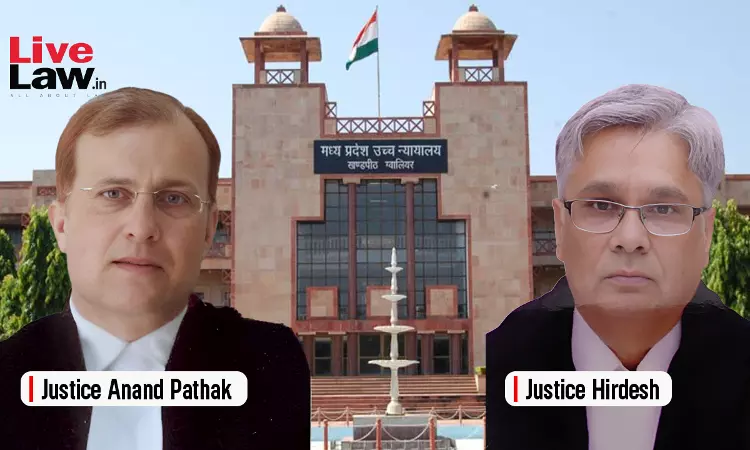- Home
- /
- High Courts
- /
- Madhya Pradesh High Court
- /
- State Becomes Repository Of Public...
State Becomes Repository Of Public Faith When Inviting Tenders, Must Act With Utmost Fairness & Transparency: MP High Court
Jayanti Pahwa
30 Oct 2025 11:21 AM IST
In a tender dispute relating to the construction of a residential-cum-commercial project in Gwalior, the Madhya Pradesh High Court held that the State, while inviting tenders, acts as a repository of public faith and must therefore conduct the process with the highest standard of fairness and transparency.The court emphasized that cancelling a tender after its completion and restarting...
In a tender dispute relating to the construction of a residential-cum-commercial project in Gwalior, the Madhya Pradesh High Court held that the State, while inviting tenders, acts as a repository of public faith and must therefore conduct the process with the highest standard of fairness and transparency.
The court emphasized that cancelling a tender after its completion and restarting the process undermines its credibility and prejudices entrepreneurship development, thus, proliferating 'corruption, nepotism and crony-capitalism'.
The division bench of Justice Anand Pathak and Justice Hirdesh observed,
"Respondents have to harbor the thought that by inviting tender they become repository of public faith and their conduct should be such fair and transparent that every bidder should feel that process of bidding proceeded with utmost fairness and transparency. Process is not only to be fair but it has to appear to be fair".
The project invited tenders in 2024 on a percentage-rate basis under the MP Grah Nirman Mandal Adhiniyam, 1972 and the Conduct of Business and Delegation of Powers Regulations 2015. The Deputy Commissioner had issued a corrigendum adding four new conditions but later, restored the original eligibility conditions vide Corrigendum 3.
The Petitioner emerged successful in both the technical and financial bids but meanwhile, a bidder disqualified due to change in conditions became eligible after Corrigendum 3. In this light, the Additional Commissioner cancelled the tender process and ordered a fresh tender, leading the petitioner to file a writ petition.
The court examined the scope of judicial review while adjudicating administrative actions and noted that tender terms come under the domain of contract and are generally not open to judicial scrutiny.
However, in the present case, it said that only the Business Committee comprising senior officials had the authority to accept or reject tenders above INR 50 crores. Thus, the decision was wrongly taken by the Additional Commissioner, bypassing the Business Committee and the Board, rendering the process illegal.
It noted that the decision was neither taken by the Business Committee nor was it placed before the Board for Information. Therefore, the Additional Commissioner could not have taken an independent decision before such proceedings were confirmed by the Board as mandated under Section 23(3) of the Adhiniyam.
"In sensitive matter like tender worth Rs.65.73 crores officers are expected to be more vigilant and cautious because wider public interest and public exchequer is involved. Public Interest and Public Exchequer can not lie at the mercy of whims of some officers", the court observed.
The bench stressed that once the original conditions of the tender were restored after Corrigendum 3, officers had a duty to complete the bidding process and submit it to the board as mandated under Section 23 of the Adhiniyam and Regulation 11 of the Regulations.
Thus, the ad-hoc and intermittent approach of the authority, especially after the bid was finalized and informed to the petitioner, was arbitrary, irrational and procedurally improper.
"Many a times, it is observed that after completion of tender process, all process is aborted and denovo process is started. This shakes the credibility of process. At times, it prejudices the development of entrepreneurship and it proliferates corruption, nepotism and crony-capitalism. Best bidder should prevail for wider public interest", the court emphasized.
Therefore, the court set aside the impugned order and relegated the matter to the Business Committee to consider the proposal of the petitioner as L-1 and place the matter before the Board as per Section 23 of the Adhiniyam and Regulations framed therein.
Case Title: Pragmatic Infrastructure Pvt Ltd v MP Housing and Infrastructure [WP no.11842 of 2025]
For Petitioner: Senior Advocate Harish Dixit with Advocate Nimish Hardeniya
For Respondent: Senior Advocate Vivek Khedkar with Advocate Nakul Khedkar



